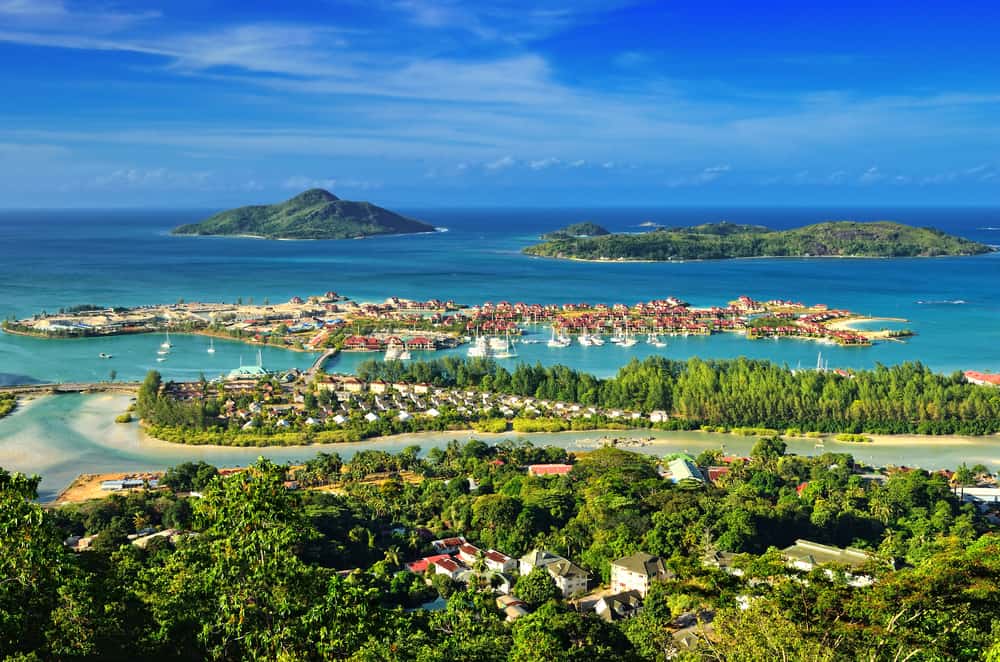Seychelles is an archipelago in the Indian ocean and a famous tropical destination for tourists. The country is also a vocal defender of its marine ecosystem and recently extended protection to 400 000 square kilometres of its seas, which is twice as much as the size of Great Britain. Seychelles do not have much land but their exclusive economic zone spreads for more than 13 million square kilometres in the ocean.
“Seychelles’ marine ecosystem is the foundation that the economy is built upon, with fisheries and tourism being the primary pillars of our economy,” President of Seychelles Danny Faure said on March 26 at the signing of a document creating 13 new marine protected areas. “The people of Seychelles have a direct dependence on our ocean resources for food security and livelihoods.”
In fact, this advanced step was linked to economic situation in the country: in the result of the 2008 financial crisis, the government of the Seychelles defaulted on its sovereign debt, however it made an agreement with the US-based NGO The Nature Conservancy, which resulted in freeing up the country of its foreign debt, provided it extends its protection of marine ecosystems. It was followed by several years of consultations to decide final zones and political measures.This debt-for-nature scheme is rather common in some parts of the world.
The new zones include Zone 1, where any economic activity is forbidden; and Zone 2 with a certain extent of regulation. Such measures are expected to safeguard biodiversity in the region, preserve coral reefs and also enable the country to invest in sustainability of its fishing sector.
President Danny Faure said: “Seychelles is ultimately an Oceanic State and our people are connected to the ocean. By protecting these large areas we are not only safeguarding our marine environment but balancing economic growth through the management of the resources that the sea provides. We realise we are not the only island nation that faces these challenges. We are proud of this accomplishment and hope that other nations will follow suit.”

